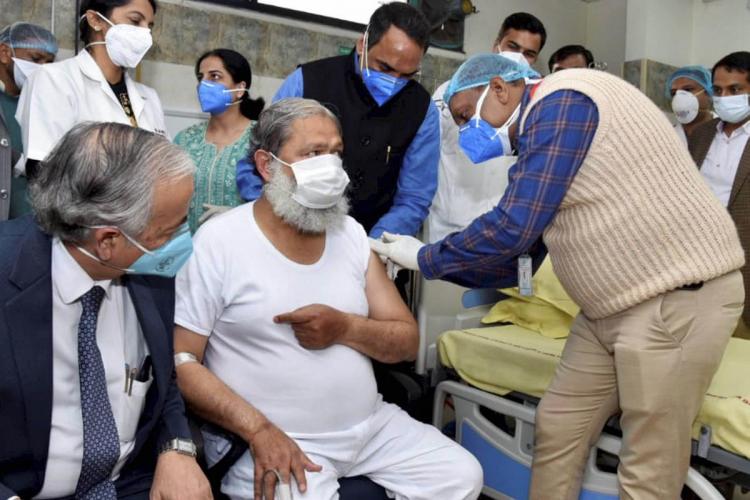Pfizer India has become the first pharmaceutical firm to seek from the Drugs Controller General of India (DCGI) an emergency use authorization for its Covid-19 vaccine in the country after its parent company secured such clearance in the UK and Bahrain.
The firm, in its application submitted to the drug regulator, has sought permission to import the vaccine for sale and distribution in the country. It has also sought waiver of clinical trials on the Indian population in accordance with the special provisions under the New Drugs and Clinical Trials Rules, 2019, official sources said.
“Pfizer India has submitted an application on December 4 to the DCGI seeking emergency use authorization (EUA) for its Covid-19 vaccine in India,” a source said.
“The firm has submitted the EUA application in Form CT-18 for grant of permission to import and market Pfizer-BioNTech’s Covid-19 mRNA vaccine BNT162b2 in the country,” the source said, citing the application.
Cold storage is the next big challenge
From reaching the factory to the syringe, making the task of securing “last mile connectivity” and ensuring that nothing goes wrong before the shot is administered is the need of the hour.
The vaccine cold chain hurdle is just the latest disparity of the pandemic weighted against many countries. Investment in the infrastructure and cooling technology lags behind the high-speed leap that vaccine development has taken this year.
Pfizer mRNA vaccine is naturally an unstable molecule that is prone to degradation when exposed to temperature fluctuations.
The Associated Press estimates vaccine storage issues could leave 3 billion people in developing countries without access to a coronavirus vaccine.
Maintaining the cold chain for coronavirus vaccines won’t be easy even in the richest of countries. Medical freezers that go down to minus 70 degrees Celsius are rare even in U.S. and European hospitals.
What are the issues in storing, distributing Pfizer vaccines?
The extremely low temperature of minus 70 degrees Celsius required for storing the vaccine poses a big challenge for its delivery in a country like India, especially in its smaller towns and rural areas where maintaining such cold chain facilities would be very difficult, top government officials have said.
Pawanexh Kohli, the founding CEO of India’s National Centre for Cold-Chain Development (NCCD), India must restructure with the purpose to start and finish the immunization program within a short time period to be effective.
Storing, distributing Pfizer Covid-19 vaccines requires advance planning to keep vaccines at stable temperatures from the time they are made until they are given to patients.
Noting that cold storage protocols are well established in India, Kohli said the public health network is limited in capacity.
“During this pandemic phase, Pfizer will supply this vaccine only through government contracts based on agreements with respective government authorities and following regulatory authorization or approval,” the global pharma major said in a statement.
Other Vaccine Candidates Status
Five vaccines are in advanced phases of clinical trials in India with the Serum Institute of India conducting the phase-3 trial of the Oxford-Astrazeneca Covid-19 vaccine, while the indigenously developed vaccine by Bharat Biotech in collaboration with ICMR has already started the phase-3 clinical trial.
Drug firm Zydus Cadila has received approval from the DCGI to start the phase-3 clinical trials of the indigenously-developed anti-coronavirus vaccine.
Dr. Reddy’s Laboratories and the Russian Direct Investment Fund (RDIF) have announced that they commenced adaptive phase 2 and 3 clinical trials for Covid-19 vaccine Sputnik V in India, Also, Biological E. Ltd has started early phase 1 and 2 human trials of its Covid-19 vaccine candidate.











